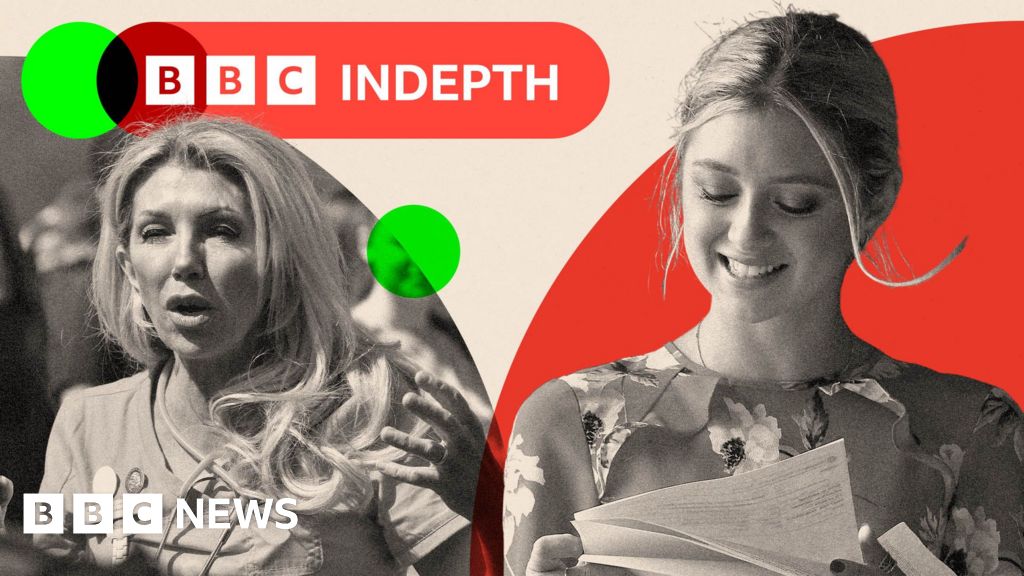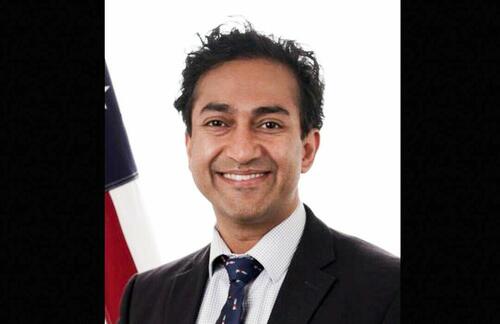New Canadian bill would empower government to ban anyone’s internet access – LifeSite

Thu Oct 2, 2025 – 7:42 pm EDT
OTTAWA (LifeSiteNews) – A new Canadian bill introduced by the Liberal government of Prime Minister Mark Carney has raised privacy concerns as it appears that, should it become law, it would give officials the power to ban anyone deemed a dissident from accessing the internet.
Bill C-8, which is now in its second reading in the House of Commons, was introduced in June by Minister of Public Safety Gary Anandasangaree and has a provision in which the federal government could stop “any specified person” from accessing the internet.
All that would be needed is the OK from Minister of Industry Mélanie Joly for an individual to be denied internet service.
The bill is titled An Act respecting cyber security, amending the Telecommunications Act and making consequential amendments to other Acts. It has in it a clause that mandates all internet providers to pull internet services from anyone whom the government demands it be done.
The bill would allow the industry minister to “prohibit a telecommunications service provider from providing any service to any specified person,” all without a warrant. The only recourse a banned person would have is after the order is given. They would have to get a Federal Court to look at the ban order for a judicial review.
The federal government under Carney claims that the bill is a way to stop “unprecedented cyber-threats.”
The bill as written claims that the government would need the power to cut someone off from the internet, as it could be “necessary to do so to secure the Canadian telecommunications system against any threat, including that of interference, manipulation, disruption, or degradation.”
Experts warn that the flaws must be fixed
Many are speaking out against the bill, warning of its Orwellian-like powers.
“The Liberal government is giving itself power to ban dissidents from the internet!” People’s Party of Canada leader Maxime Bernier wrote on X regarding the bill.
“Bill C-8, which is undergoing second reading in the HofC, includes a provision under which Ottawa can pull internet services from “any specified person,” a power that currently doesn’t exist.”
The Canadian Civil Liberties Association (CCLA) blasted the bill as troublesome, saying it needs to “fix” the “dangerous flaws” in the bill before it becomes law.
“Experts and civil society have warned that the legislation would confer ministerial powers that could be used to deliberately or inadvertently compromise the security of encryption standards within telecommunications networks that people, governments, and businesses across Canada rely upon, every day,” the CCLA wrote in a recent press release.
CCL Director of Privacy, Surveillance & Technology Program Tamir Israel said the government must fix the bill’s “flaws” at once.
“By failing to guarantee critical end-to-end encryption protocols will not be undermined, Bill C-8 risks doing more harm than good to cybersecurity,” Israel said.
“Its ongoing inclusion of warrantless data access mechanisms and use of a secrecy by default approach poses an additional threat to privacy and other civil liberties. We urge the government and parliamentarians to adopt important fixes to address these flaws.”
Canada’s own intelligence commissioner has warned that the bill, if passed as is, would potentially not be constitutionally justified, as it would allow for warrantless seizure of a person’s sensitive information.
Since taking power in 2015, the Liberal government has brought forth many new bills that, in effect, censor internet content as well as go after people’s ability to speak their minds.
Recently, Canadian Conservative Party MP Leslyn Lewis blasted a new Liberal “hate crime” bill, calling it a “dangerous” piece of legislation that she says will open the door for authorities to possibly prosecute Canadians’ speech deemed “hateful.”
Recent Top Stories
Sorry, we couldn't find any posts. Please try a different search.









